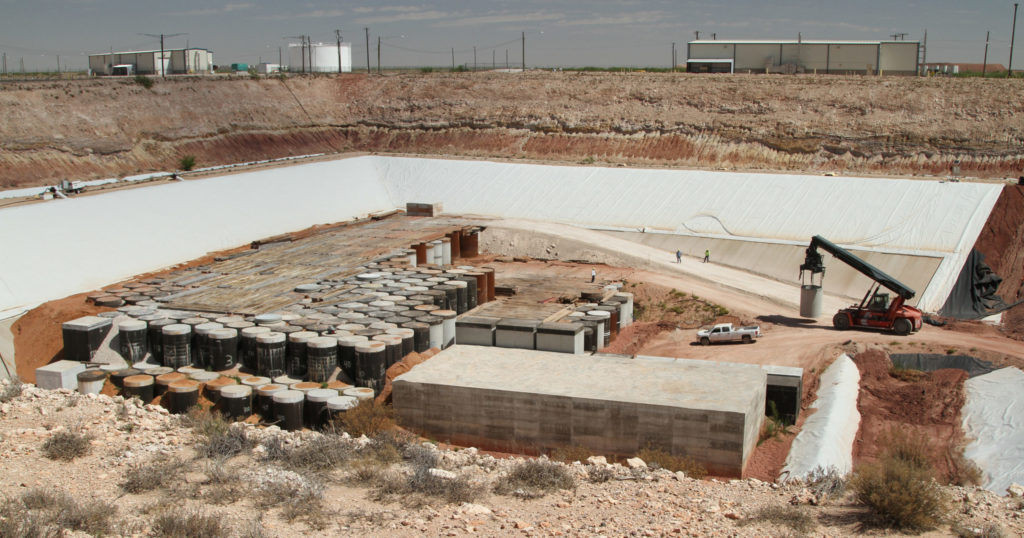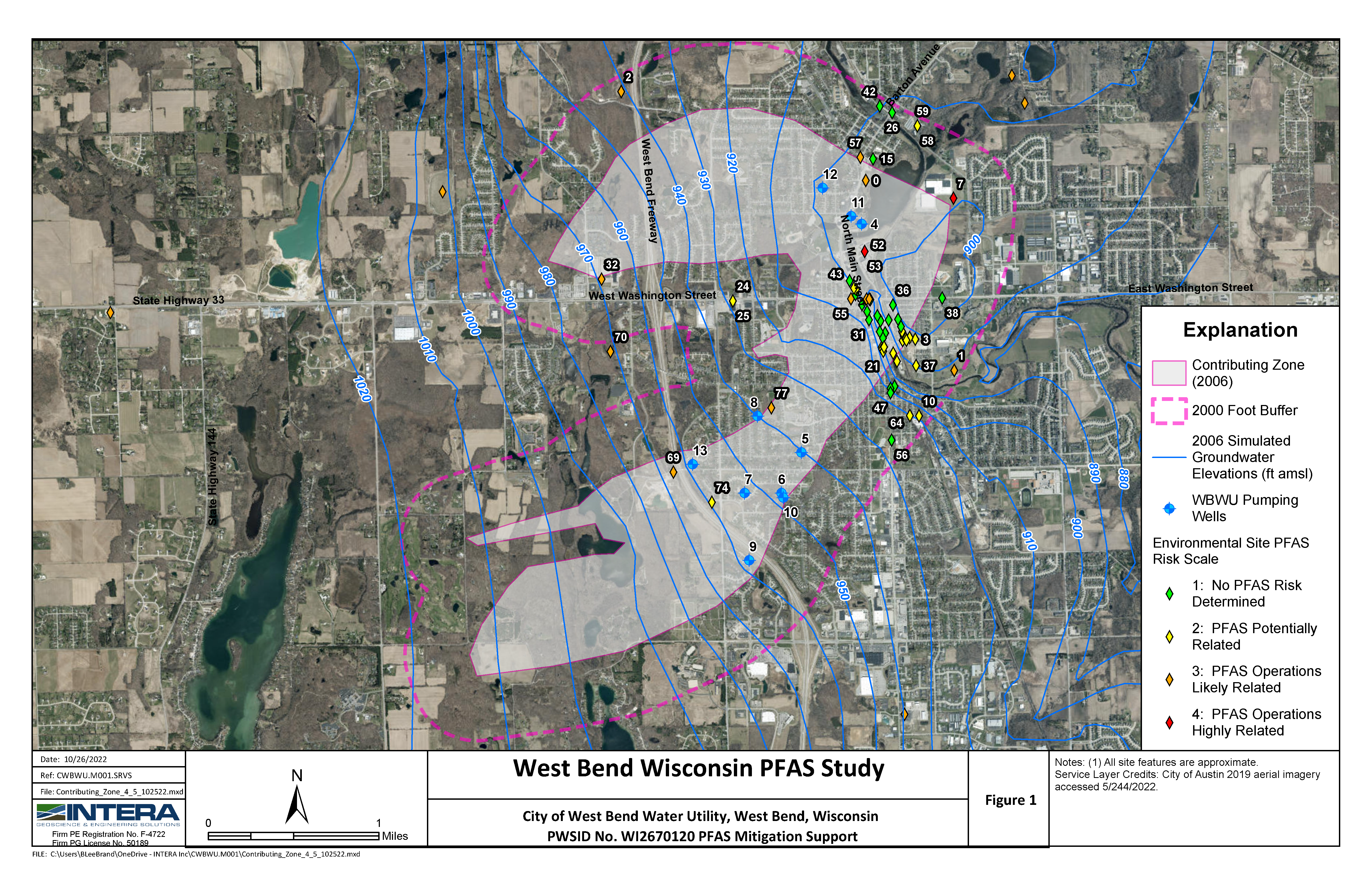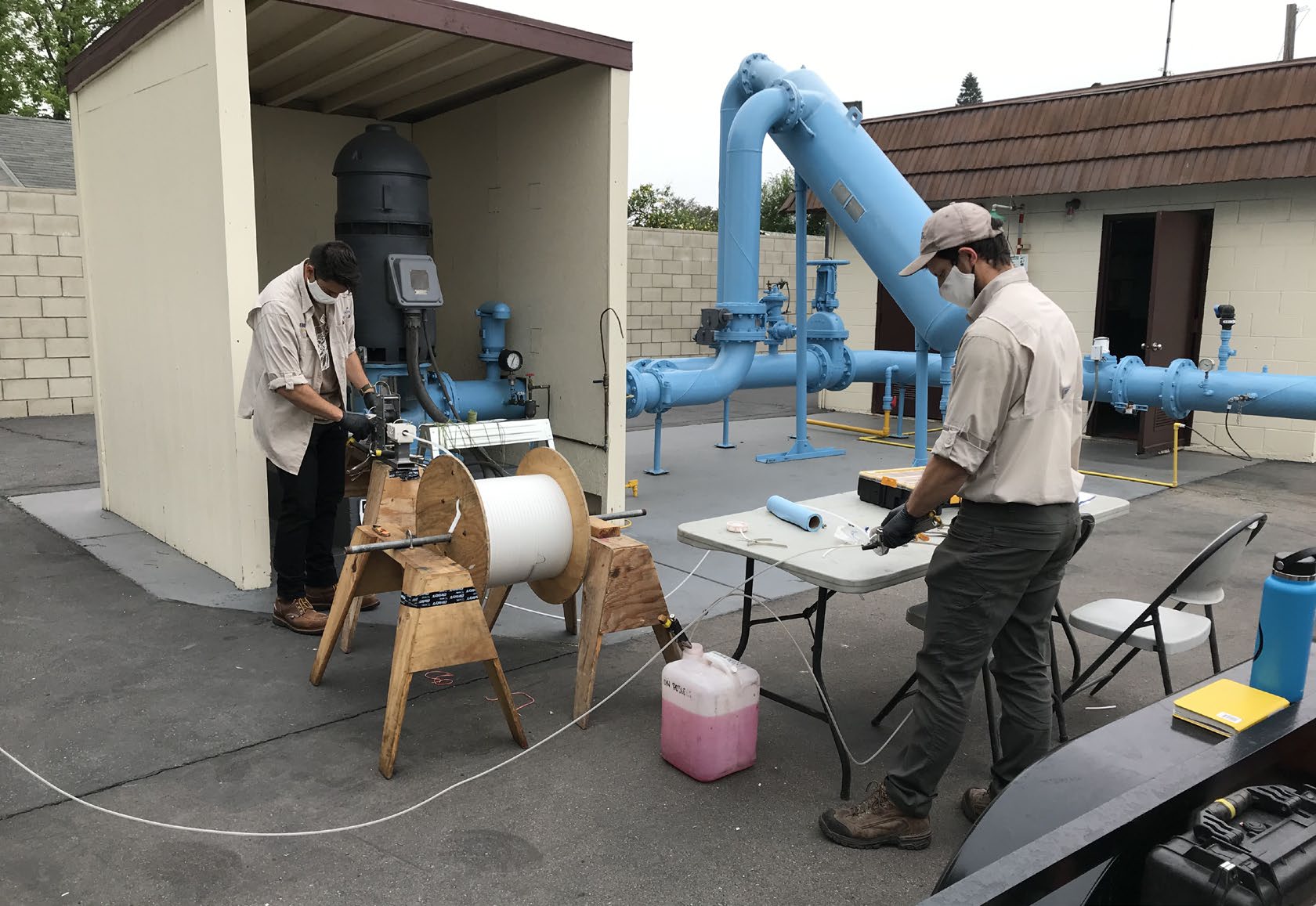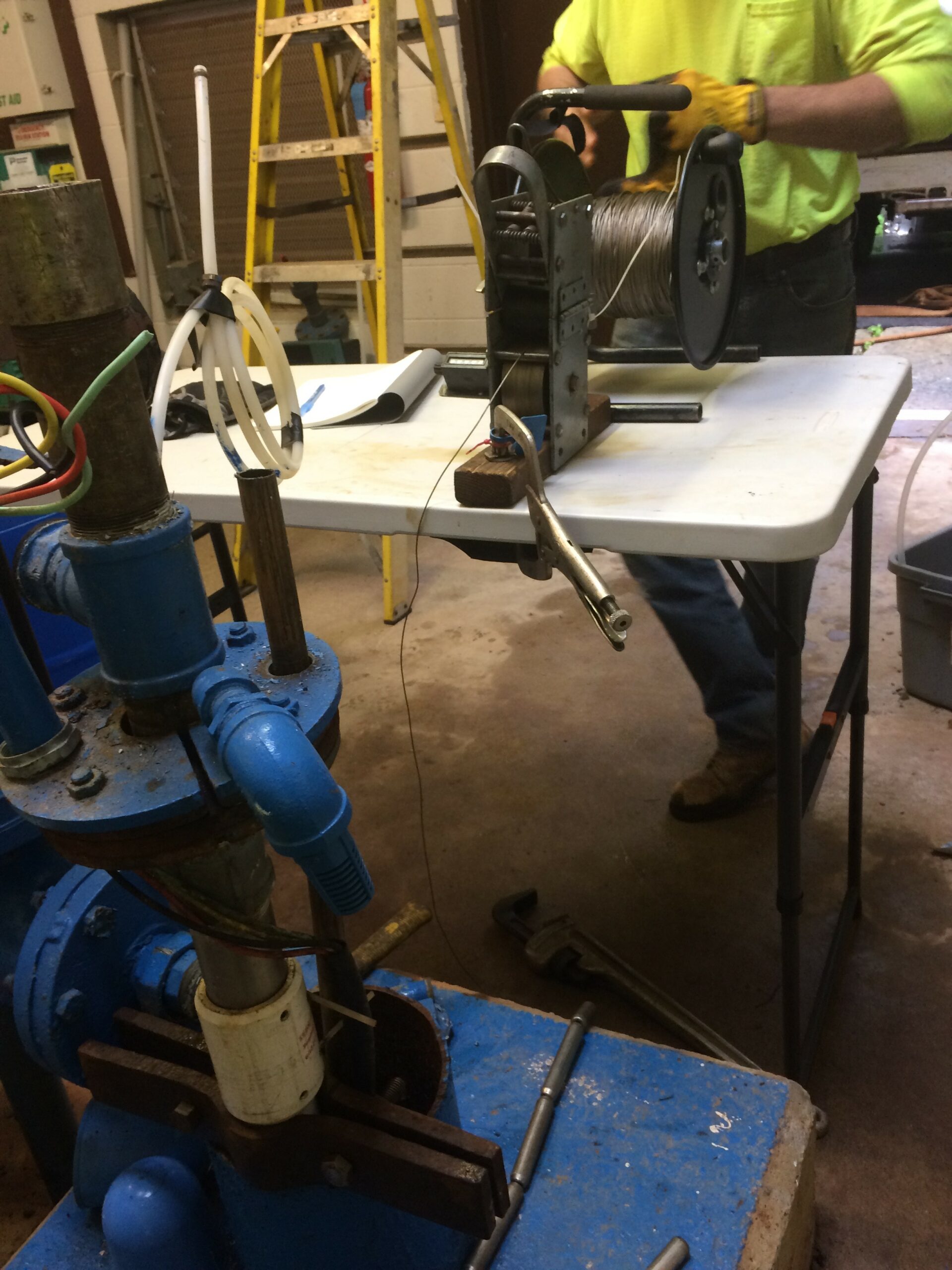
Challenge: To assess air quality emissions impacts in support of licensing a spent nuclear fuel (SNF) storage facility.
Solution: Waste Control Specialists (WCS), a member of the Interim Storage Partners (ISP) joint venture with Orano, is seeking to license a SNF storage facility at their existing site in Andrews County, Texas. The site sits on the border of the Texas and New Mexico state line, with the majority of the site’s property and all air emissions sources being located (and therefore, permitted) in the State of Texas under the jurisdiction of the Texas Commission of Environmental Quality (TCEQ). The proposed storage facility, known as the Consolidated Interim Storage Facility (CISF), is located completely within the state of Texas, and therefore, is subject to regulation under the purview of the TCEQ. In support of the licensing, INTERA collected information from the site via a desktop review of proposed construction and operation documents. Emissions sources included those from the construction and operational phases of the CISF and consist largely of criteria pollutants that fall under the National Ambient Air Quality Standards (NAAQS). Emissions were calculated for each stationary source using methodologies prescribed by EPA’s AP-42 and industry-accepted practices as applicable. Once the emissions were calculated, they were evaluated against the NAAQS to determine if the impacts would contribute to a significant impact to existing air quality. Emissions modeling was conducted using EPA’s AERMOD model for each affected emission point at a rate of 1 lb/hr to generate a Unit Impact Multiplier (UIM). Each hourly emission rate was multiplied by the UIM to determine a maximum offsite impact, which was then compared to NAAQS to determine the impacts to off-property human health and vegetation. Background concentrations were determined based on publicly available monitoring data at the TCEQ monitoring sites nearest to the proposed facility. Ultimately, the modeling demonstrated that all emissions related to the construction and operation of the proposed facility were in compliance with the applicable standards. INTERA interacted with site staff and participated in public hearings with the U.S. Nuclear Regulatory Commission (NRC) as it pertained to the ongoing review of the licensing application, including answering clarifying questions for the agency, and refining calculations and estimations in conjunction with the appropriate stakeholders.
Results: INTERA’s analyses contributed to obtaining the NRC license required to construct and operate the CISF.




